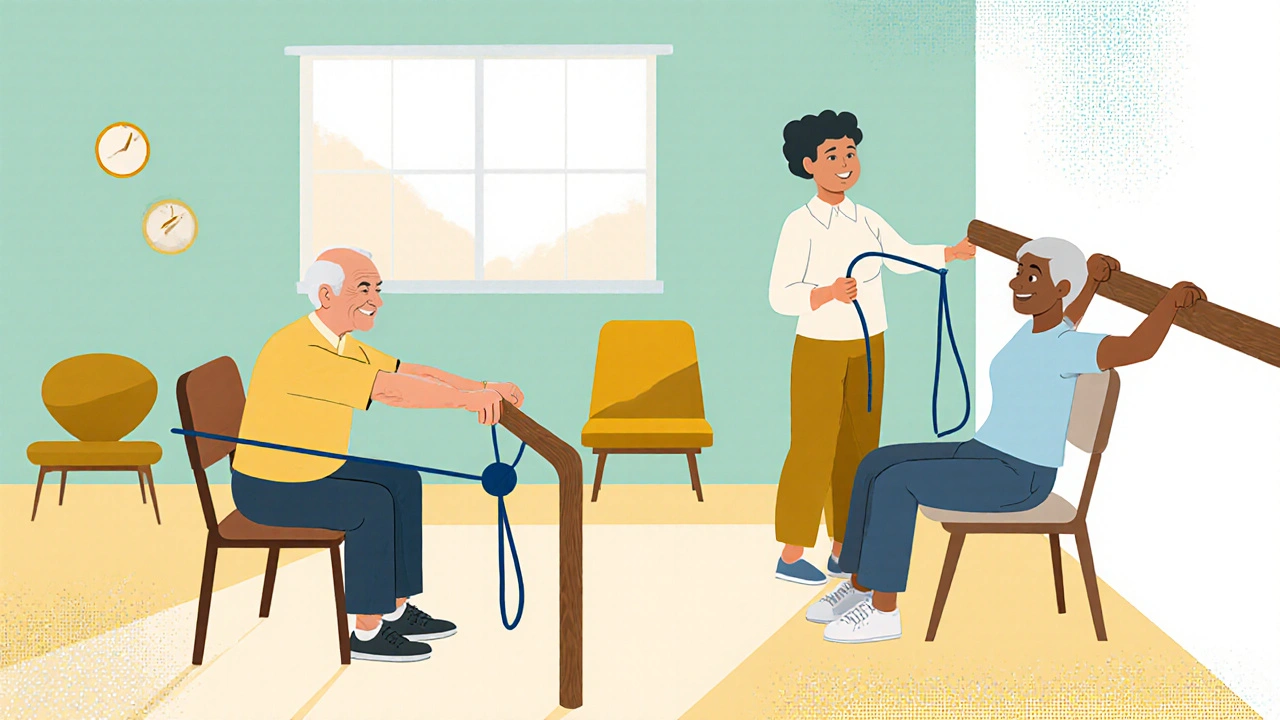Muscle Loss with Age: What Causes It and How to Fight Back
When you get older, losing muscle isn't just about getting weaker—it's a real health risk. This process, called sarcopenia, the age-related loss of muscle mass and strength, starts as early as your 30s and speeds up after 60. It’s not just about not lifting weights anymore. It’s about how your body changes—hormones drop, nerves stop firing muscles as well, and your appetite shrinks. You’re not just losing muscle; you’re losing the ability to move, balance, and live independently.
What makes it worse? Not eating enough protein, the essential building block for muscle repair and growth. Many older adults eat too little because they’re not hungry, or they think they don’t need as much. But your body needs more protein as you age to even hold onto what you have. And if you’re not moving—really moving, like lifting, pushing, or walking with resistance—you’re accelerating the loss. It’s not magic. It’s physics: use it or lose it. Studies show that even people in their 80s can rebuild muscle with the right kind of training. The key isn’t lifting heavy like you did at 25. It’s lifting consistently, with control, and with enough effort to challenge your muscles.
It’s not just about the gym. Medications, chronic illness, and even long periods of sitting—like after a hospital stay—can speed up muscle loss. That’s why it’s so important to connect the dots: muscle loss isn’t just a side effect of aging. It’s tied to how you eat, how you move, and what’s happening in your body overall. You’ll find posts here that break down how certain drugs affect muscle, why protein timing matters more than you think, and how simple strength routines can make a real difference—even if you’re starting from zero.
Some people think muscle loss is just part of getting old. That’s a myth. It’s a signal. Your body is telling you something’s off—and it’s fixable. Below, you’ll find real, practical guides on how to protect your strength, what to watch for in medications, and how to eat smarter as you age. No fluff. Just what works.

Sarcopenia: How Strength Training Slows Age-Related Muscle Loss
Sarcopenia is the natural loss of muscle mass and strength with age, affecting up to half of adults over 80. Strength training is the most proven way to slow, stop, and even reverse it-improving mobility, balance, and independence.
